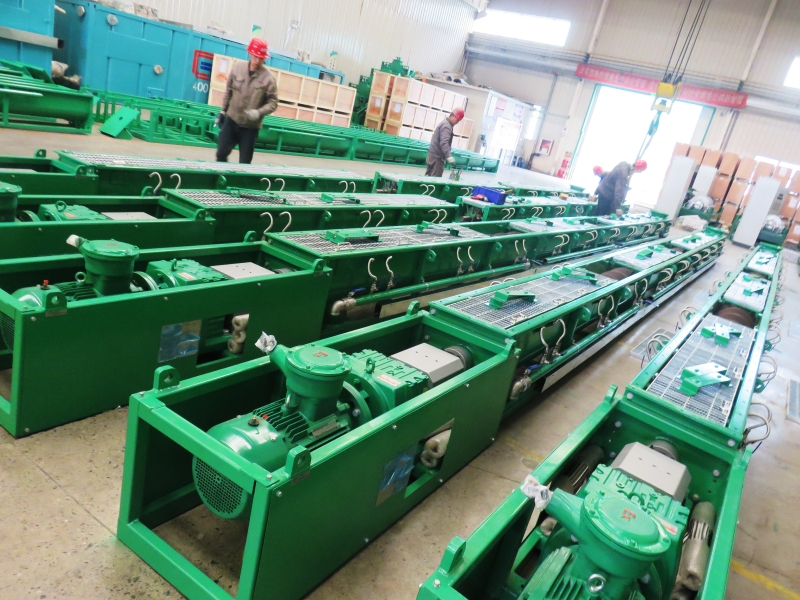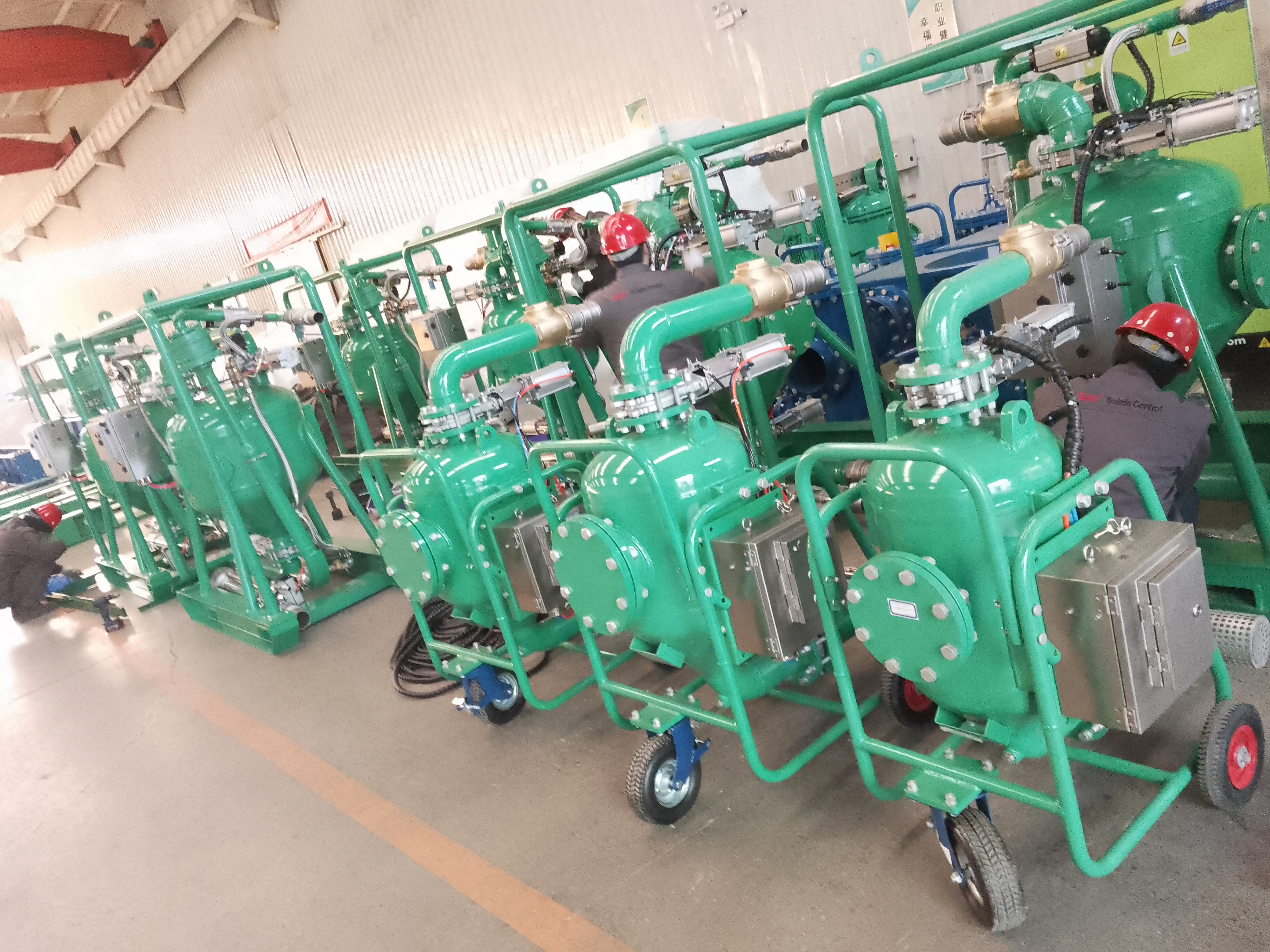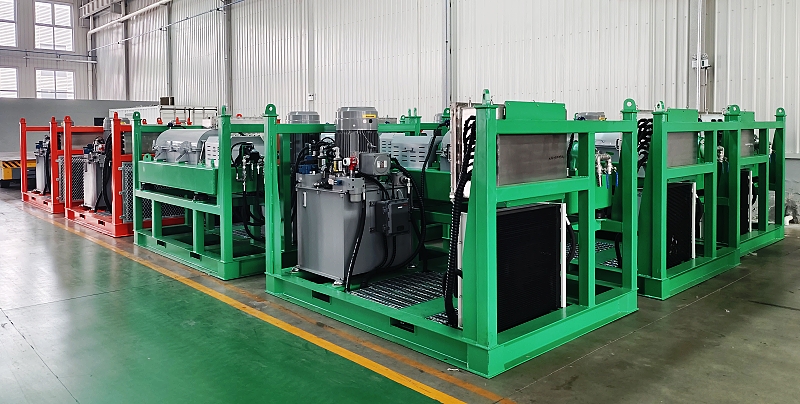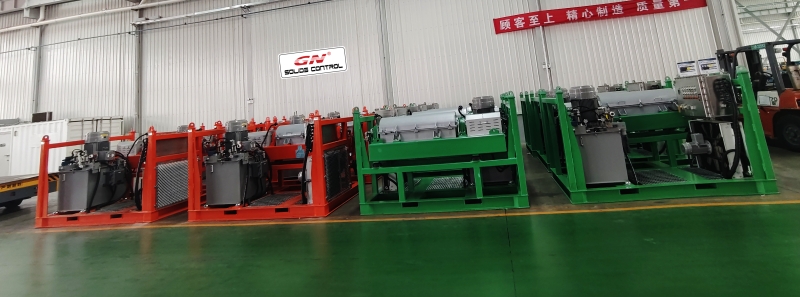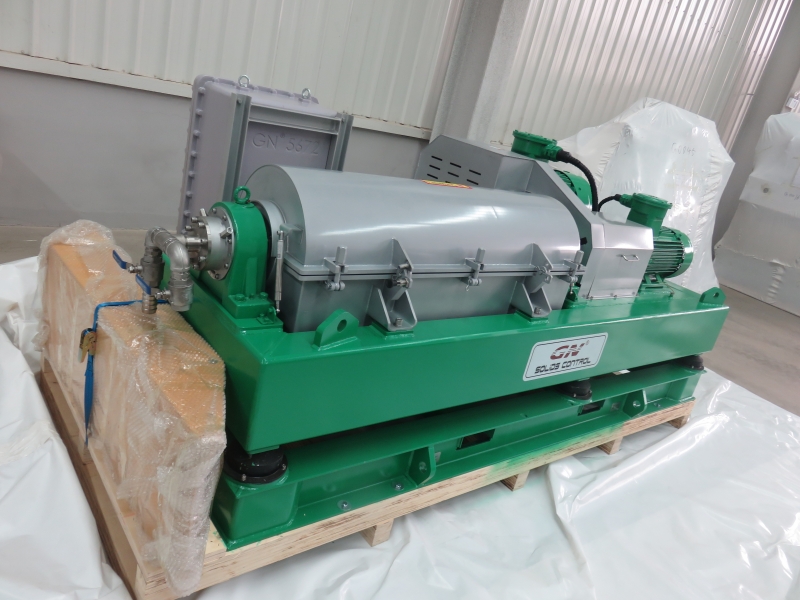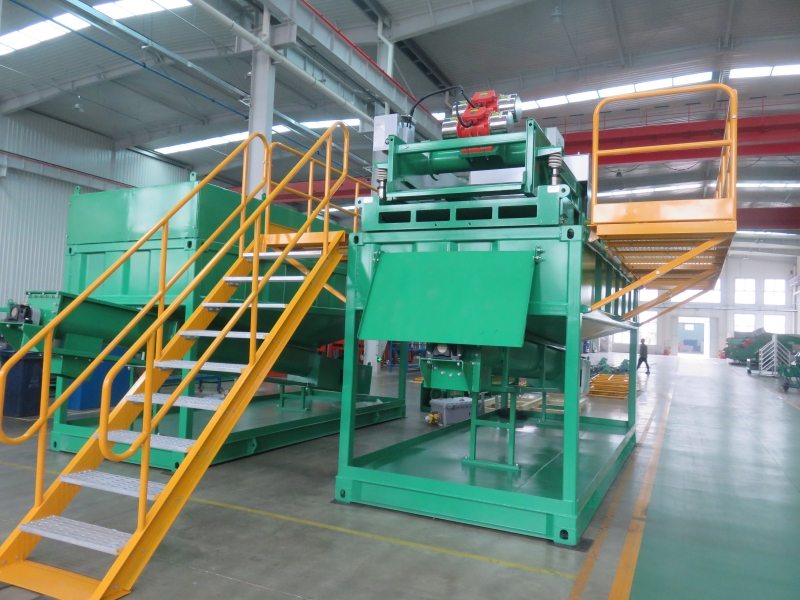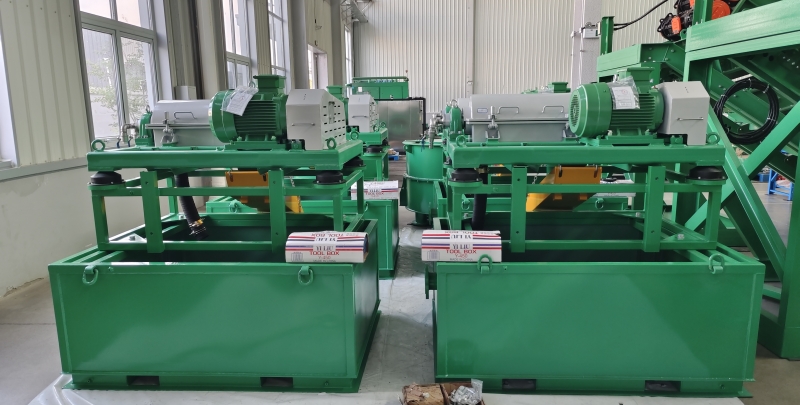
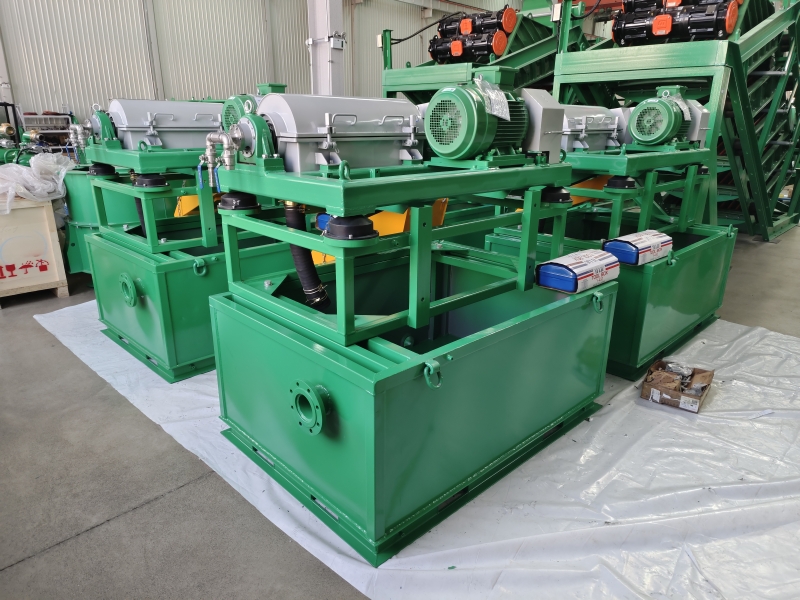
GN is a well-known brand from China, its full company name is HeiBei GN Solids Control Co.,Ltd which locadted in No.3 Industry Road, Dachang Chaobai River Development Area,Langfang, China; We are known around the world for unique innovation without compromise, sophistication while maintaining user simplicity, and superb service to our extremely wide customer base.specializing in supplying solids control& waste management equipment to the global market.
In the context of diamond core drilling, decanter centrifuges are crucial equipment used for solids control and fluid management. Here’s how they are relevant:
Solids Control: Diamond core drilling involves the extraction of cylindrical rock samples using a diamond-tipped drill bit. During this process, drilling mud or drilling fluid is circulated to lubricate the drill bit and carry the rock cuttings to the surface. Decanter centrifuges are employed in solids control systems to separate the solid particles (drill cuttings) from the drilling mud, ensuring that the mud can be reused in the drilling process.
Fluid Recovery: Decanter centrifuges are efficient in recovering valuable fluids from the drilling cuttings. By separating the solids from the liquid phase of the drilling mud, they help in reclaiming valuable drilling fluid, which can be reused in subsequent drilling operations. This not only reduces the cost of purchasing new drilling fluid but also minimizes waste disposal and environmental impact.
Cuttings Dewatering: Decanter centrifuges can also aid in dewatering drill cuttings. By subjecting the cuttings to high centrifugal forces, the liquid phase is separated from the solids, resulting in drier cuttings. This dewatering process can significantly reduce the volume of waste material that needs to be disposed of, thereby lowering disposal costs and environmental footprint.
Efficient Operation: Diamond core drilling operations often require continuous and reliable solids control to maintain drilling efficiency and protect downhole equipment. Decanter centrifuges are designed to operate continuously, providing uninterrupted solids separation and fluid clarification, thus contributing to the overall efficiency and productivity of diamond core drilling operations.
In summary, decanter centrifuges are essential equipment in diamond core drilling operations, facilitating solids control, fluid recovery, and cuttings dewatering. Their role in separating solids from drilling mud helps to maintain drilling efficiency, reduce costs, and minimize environmental impact.
For our equipment brochure or more info, please visit our unique official website: www.gnsolidscontrol.com
MichaelSong
Sales manager
whatsapp:+8617801799913
